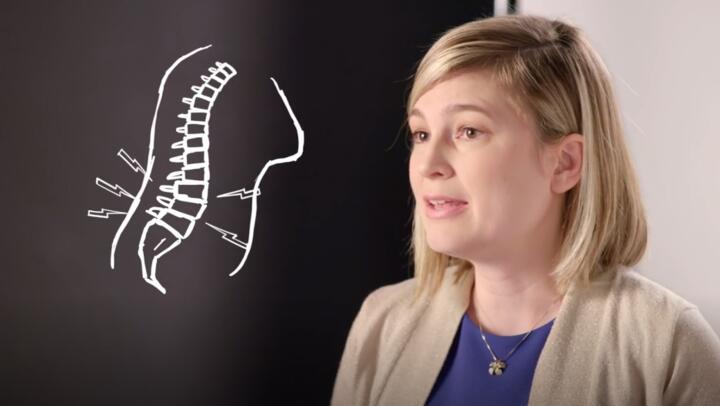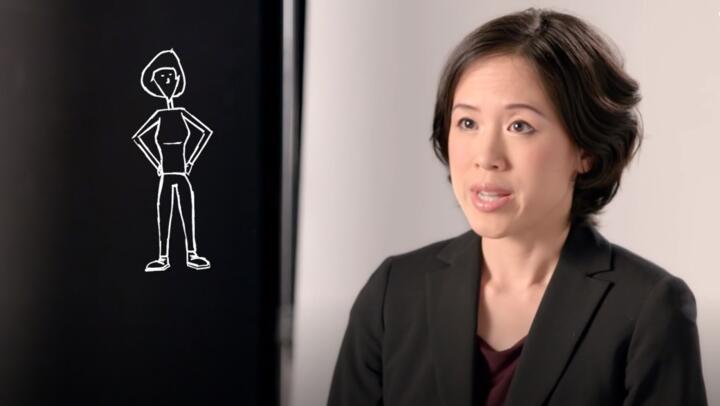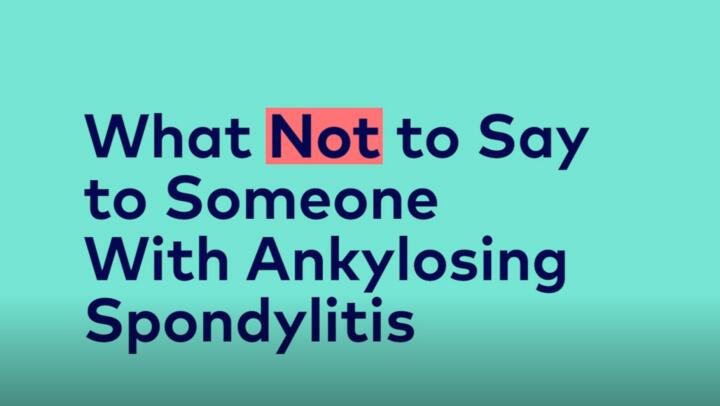
Ankylosing spondylitis (AS) was traditionally known as a “man’s disease” until researchers discovered that it also occurs in women. This important finding has helped many women get needed treatment. But it also means that diagnosis is tricky and may take longer. It could become a diagnostic challenge for your doctor. Many of the condition’s traditional symptoms are based on what men have experienced, and it may develop differently in women.
If you’re a woman with AS, you might be wondering exactly what to expect. Here’s a quick overview.
AS may affect women differently than men in the following ways:
You may have a milder form of the disease.
Your AS may progress more slowly.
It may affect your neck and peripheral joints, whereas AS in men is more likely to affect the low back and spine.
- You may develop symptoms that resemble fibromyalgia or rheumatoid arthritis.
Much is unknown about living with a chronic condition like AS, and this can make you feel anxious, sad, or scared. Your symptoms may get in the way of your job, social life, and activities that you love to do. Keep talking openly with your health care provider about the physical and emotional symptoms you experience. With AS, you have a higher risk of developing depression. Your health care provider may refer you to a psychologist who can help you develop strategies to better cope with your condition.
The good news: AS doesn’t affect your ability to get pregnant. It also does not affect your developing fetus. The rates for complications, such as miscarriage, preeclampsia, and premature labor aren’t any different for women with AS than they are for other women.
The main concern during pregnancy is the medications that you take. It’s likely you’ll experience active symptoms at some stage during your pregnancy. Analgesics, such as acetaminophen or low-dose corticosteroids, may not be enough to control your pain. NSAIDs, such as ibuprofen and naproxen, may be more effective. Many won’t harm your baby in early stages of development. However, you may have to stop taking them eight weeks before delivery because they may impact fetal lung and renal function at that stage.
Clophosphamide (Cytoxan) and other medications can cause you to stop having periods, especially if you’ve been taking them for a while. The medication can also be dangerous to a fetus, so you shouldn't take them during pregnancy. You also should not take other medications like sulfasalazine (Azulfidine) if you’re breastfeeding, because they can cause jaundice in newborns.
If you have AS and are pregnant, or you’re thinking about becoming pregnant, discuss your treatment plan with your health care provider. He or she can adjust your medications so that it’s safe to become pregnant, while keeping your symptoms under control.
AS may affect women differently than men. It may be milder. It may affect your neck and peripheral joints, whereas AS in men is more likely to affect the low back and spine.
You may develop symptoms that resemble fibromyalgia or rheumatoid arthritis.
With AS, you have a higher risk for depression. A psychologist can help you develop strategies to better cope.
AS doesn’t affect your ability to get pregnant. It also does not affect your developing fetus. The main concern during pregnancy is the potential risks to your unborn baby from the AS medications that you take.










